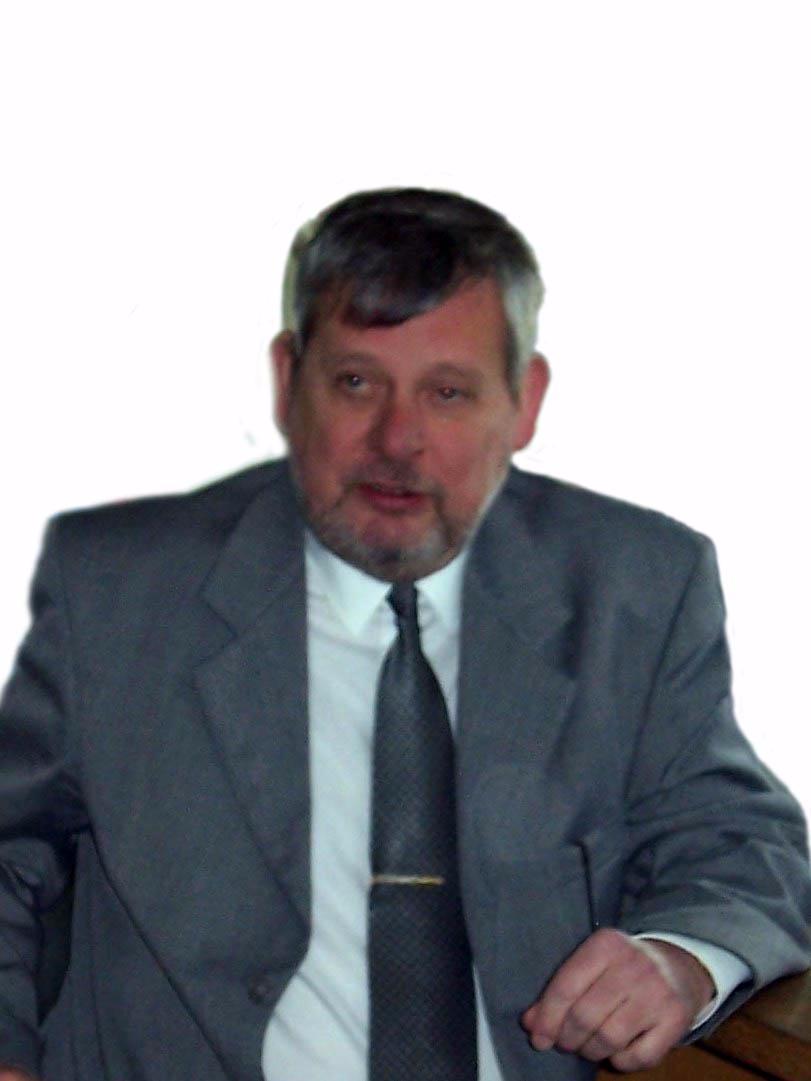SÁNDOR GŐBÖLÖS ● 1949-2014
Dr. Sándor Gőbölös, chemical engineer, retired head of the former Laboratory of Heterogeneous Catalysis of the Chemical Research Center, Institute of Nanochemistry and Catalysis, Hungarian Academy of Sciences has passed away at the age of 65 on 18th May 2014. For some time, we had seen his health in bad condition, but we did not realize the severity of his illness. We are deeply shocked that Sándor has left us. We knew he had been taking care of his beloved mother for years until her death, putting aside his own health problems. We strongly believed that he would return back to science, but he was not given the opportunity to do so. His death is considered as a great loss to the Hungarian catalysis society.
Sándor was born in 1949 in Szigetvár, and he followed the fate of his homeland until the end of his life. He attended the Nagy Lajos Secondary School in Pécs. Sándor obtained his diploma as a chemical engineer in 1973 from the Technical University of Budapest. During his studies, he committed himself to catalysis; he wrote his diploma thesis on the heterogeneous catalytic oxidation of benzene. Soon after his graduation, he accepted a researcher position offered by the Department of Chemical Technology. He had many ties to the University; he obtained his university doctorate there in 1979 in the field of catalytic reforming of gasoline, as well as in 1997 when he defended his PhD thesis entitled “Preparation and properties of metal and metal sulfide catalysts in model reactions”. In 1975 he moved to the Chemical Research Center, Institute of Chemistry of the Hungarian Academy of Sciences and continued to work in the field of heterogeneous catalysis. Despite the many changes during his time at the institution Sándor remained with us at Pusztaszeri Street, however, due to his retirement he did not have the chance to follow our group to the new building of the Research Centre for Natural Sciences.
As a visiting researcher, he worked with several prominent research groups abroad. In 1980, he worked with Prof. Yermakov in Novosibirsk at the Institute of Catalysis of the Academy of Sciences of the USSR. Between 1983 and 1985, he had a postdoc position with Prof. Delmon in Belgium at the Catholic University of Louvain (Louvain-la-Neuve), and in 1987 with Prof. Breysse in the Institute of Catalysis of the CNRS in Lyon. In the area of heterogeneous catalysis he was coauthor of nearly 100 research papers and 140 oral or poster presentations at various international conferences. His work has been cited more than 850 times. Sándor was an experienced engineer who possessed a bright logic with exceptional problem-solving skills. He successfully solved several industrial tasks, prepared around forty industrial reports, and he was coauthor of ten patents. He had the ability to establish new connections easily, which can be conveyed through his leadership positions in several international research projects, including Russian-Hungarian, Argentinean-Hungarian, and Romanian-Hungarian collaborations.
He actively participated in the organization of academic events. He had been the member of the Hungarian Chemical Society since 1973, member of the Division of Combinatorial Chemistry since 1999, and member of the Committee of Catalysis of the Hungarian Academy of Sciences since 1989, he held the position of the secretary of the above committee between 1999 and 2005. He was an excellent, careful organizer, always respecting deadlines. As the secretary of the organizing committee, he took the lion’s share in the organization of the 8th International Symposium on Relations between Homogeneous and Heterogeneous Catalysis in Balatonfüred in 1995. Since 2008, he had been the member of the editorial board of Reaction Kinetics and Catalysis Letters.
We, as close colleagues, have countless memories of him. What was he like? He was a man always willing to help his community; he never failed to organize events to bring either former classmates or current colleagues together. He liked to make others laugh, and he enjoyed jokes. He treated his colleagues’ problems with a deep sense of humanity. He was always ready to help younger colleagues both in their professional and personal life. He was a passionate collector of maps and old books. His wide interests reached far beyond chemistry, mathematics, history and sports. He always impressed us with his immense factual knowledge and language skills. We will always be grateful to him for the cheerful moments, for his words of encouragement in times of trouble, and for his help in solving countless problems.
We will truly miss him, and we will keep him in our memories forever.

